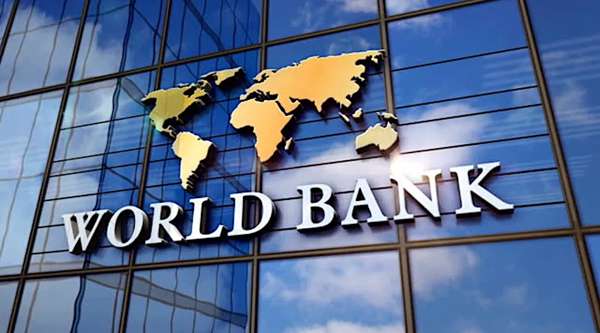An international financial institution has advised the Federal Government to urgently reduce import tariffs and lift restrictions on certain imported items in order to curb rising prices of goods and services. According to its Country Director for Nigeria, Mathew Verghis, such measures would help lower the poverty rate.
Verghis, who spoke during a televised interview, explained that high inflation continues to erode the purchasing power of millions of Nigerians.

In a recent Consumer Price Index report for October, the national statistics agency recorded an inflation rate of 16.05 per cent, a decline from the 18.02 per cent reported in September. This marks the seventh consecutive reduction and the lowest rate in three years. The report was released on November 17.
Despite this improvement, Verghis said the organisation’s projections indicate that poverty levels in Nigeria may continue to rise through 2025 and possibly into 2026 unless inflation is brought under control. He noted that inflation remains high enough to weaken household incomes, especially among low-income families, and that food inflation is still around 20 per cent.

He encouraged Nigeria to continue its economic reforms, pointing out that countries such as India and China achieved stability through many years of consistent policy adjustments.
Verghis added that Nigeria has high tariffs and, in some cases, outright bans on goods consumed by low-income households. Reducing these tariffs and removing such bans, he said, would provide a quick path to lowering inflation.

Commenting on the exchange rate, he stated that increasing export earnings is a key way to stabilise the national currency. He explained that a growing export sector and increased foreign direct investment would support a more stable exchange rate, which is essential for business planning and long-term growth.
Verghis also commended improvements in revenue diversification, noting that Nigeria is now less dependent on oil revenues due to a more realistic exchange rate and the removal of petrol subsidies. He argued that stronger non-oil revenues would create room for greater investment in infrastructure and human development.

He added that Nigeria’s borrowing position is improving, as reflected in the relatively moderate debt-to-GDP ratio, but emphasised that borrowed funds must be used responsibly.




